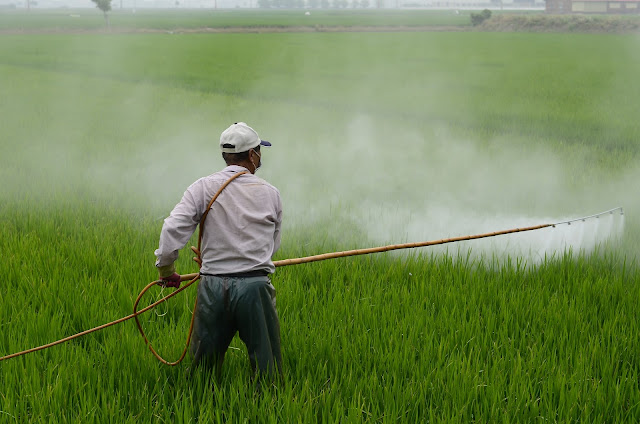The use of pesticides in agriculture is a highly debated topic, with advocates and opponents on both sides. While the use of pesticides has undoubtedly contributed to increasing crop yields and controlling pests, it has also raised concerns about its impact on human health and the environment. In this blog, we will explore the pros and cons of pesticide use in agriculture.
Pros of Pesticide Use in Agriculture
Increased Crop Yields: One of the primary benefits of using pesticides is increased crop yields. Pesticides protect crops from pests, weeds, and diseases, which can damage or destroy crops, resulting in lower yields.
Cost-Effective: Pesticides are a cost-effective way to protect crops. While they do come with a price tag, the cost of not using pesticides can be much higher due to crop damage, loss of income, and increased labor costs.
Effective Pest Control: Pesticides are highly effective in controlling pests, which can be difficult to manage using other methods. They can help prevent the spread of diseases and pests, which can have devastating effects on crop yields.
Easy Application: Pesticides can be applied easily using a variety of methods, such as spraying, dusting, or soil treatment. This makes it easy to target specific pests or diseases and ensure that the pesticide is applied evenly.
Cons of Pesticide Use in Agriculture
Health Risks: Pesticides can have negative health effects on both humans and animals. Exposure to pesticides can lead to acute or chronic health problems, such as headaches, nausea, and even cancer.
Environmental Pollution: Pesticides can pollute the environment, including air, water, and soil. This can harm wildlife and ecosystems, and even contaminate food sources.
Resistance: Pests can develop resistance to pesticides over time, rendering them ineffective. This can lead to the overuse of pesticides, which can cause further environmental damage and health risks.
Non-Target Effects: Pesticides can also harm non-target organisms, such as beneficial insects and animals, which can have a ripple effect on the ecosystem.
Conclusion
While the use of pesticides in agriculture has its benefits, it also comes with its share of risks and drawbacks. To ensure sustainable agriculture, it is important to use pesticides judiciously and adopt integrated pest management practices that minimize the use of pesticides. Farmers should also prioritize the use of safer and less toxic alternatives to pesticides, such as crop rotation, biological control, and natural pest deterrents. Ultimately, the goal is to strike a balance between crop protection and environmental and human health.
Thanks for reading. Don't forget to subscribe to our newsletter for more informative articles on agriculture and sustainable farming practices.
#pesticides #agriculture #farming #environment #health #sustainability #foodsecurity #ecology #fertilizers #cropmanagement








No comments:
Post a Comment